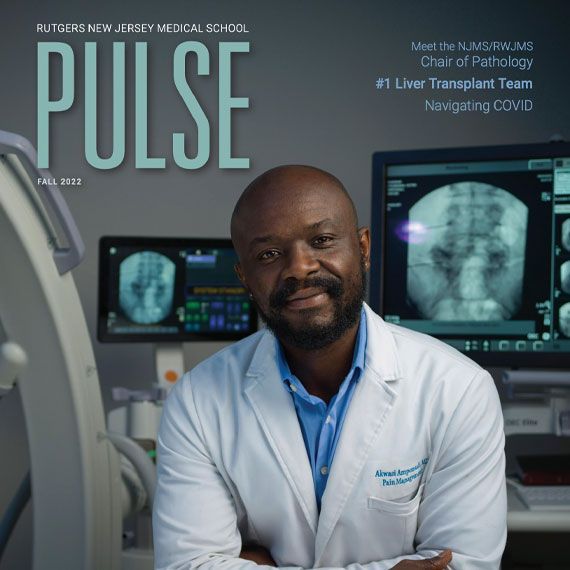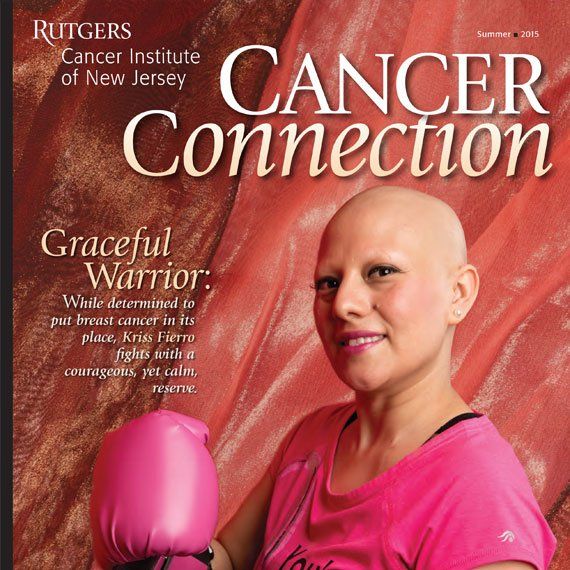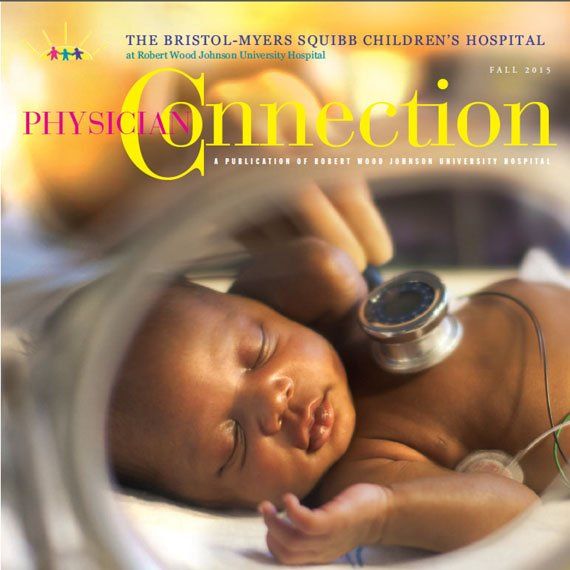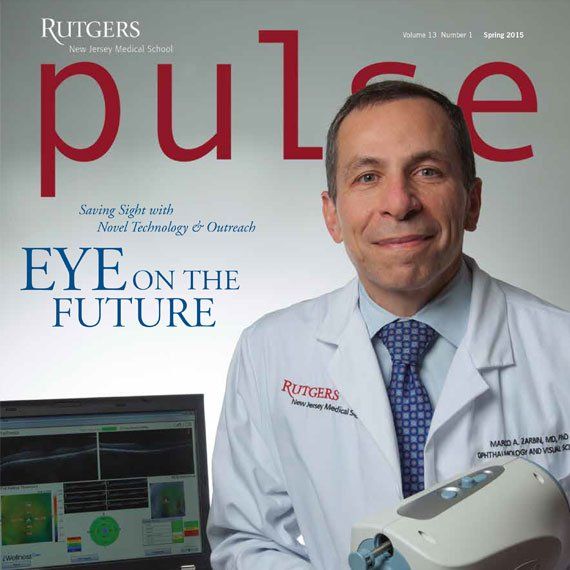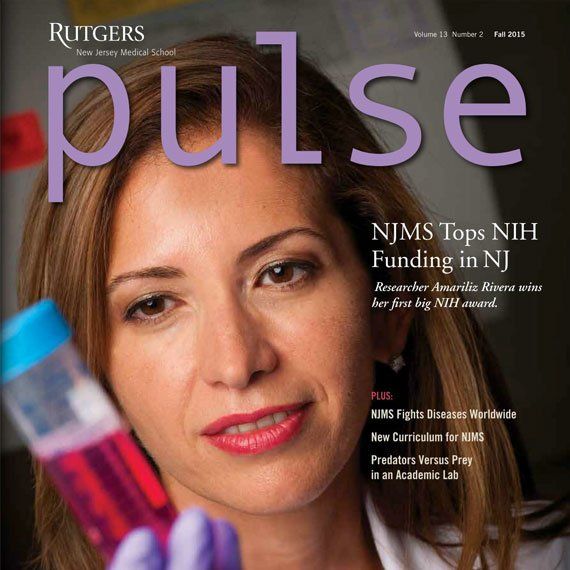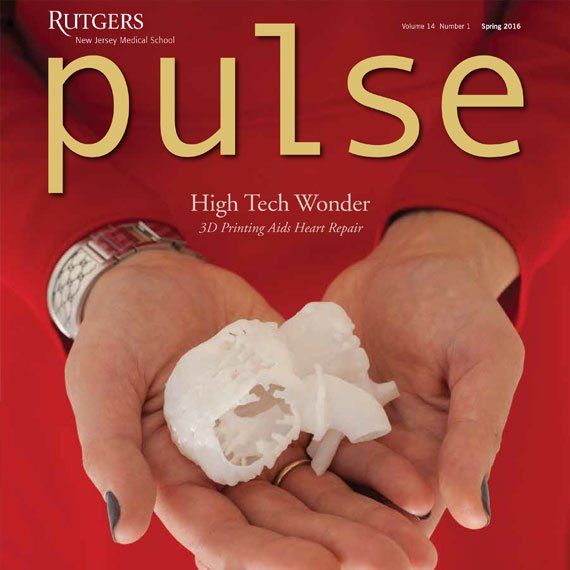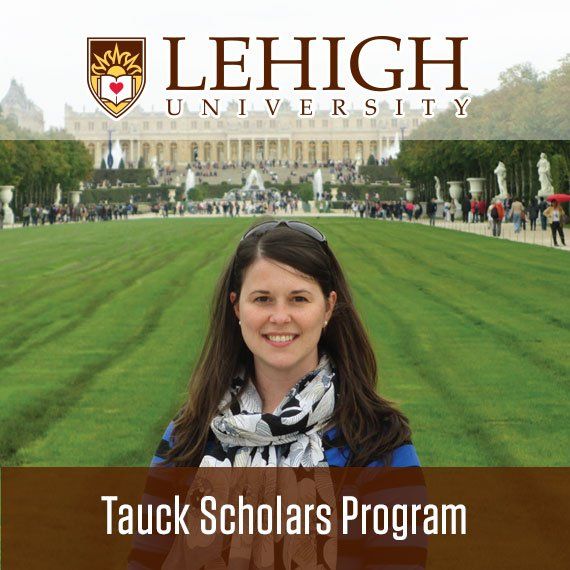
The Uncle Joe Gene
When I was growing up, my family would joke about my Uncle Joe who was so different from my father, his older brother. Not nearly as warm, loving, intelligent or friendly as my dad, Joe could be judgmental and distant. He also married a woman, Betty, who was controlling and even when she smiled, one could sense her mean streak beneath the surface. I remember being happy that my parents belonged to me, even though our family had fewer toys and more kids. There were six of us. Uncle Joe and Aunt Betty would holler at their son Doug, who couldn’t seem to do enough to please them. They placed lots of conditions on their love for him. We lived across the street from them for a time and would feel sorry for Doug and his sister, Joanne. Later in life, Joe decided that our family was not welcome in their home and years passed when the two brothers weren’t on speaking terms. Before he died, Joe called my dad and admitted that he might have made a big mistake.
Whenever we come across a family member — and we see them in this next generation now too — who prefers to stay out there in left field, morosely judgmental or downright mentally ill, my siblings and I laugh and say, “It’s the Uncle Joe gene.” Little did we realize that researchers would actually pinpoint the genetic root of major mental disorders in the synapses…those connections between neurons in the brain. Hongjun Song, PhD, of Johns Hopkins University, Baltimore, recently published his results in the journal Nature (August 18, 2014). “Our results illustrate how genetic risk, abnormal brain development and synapse dysfunction can corrupt brain circuitry at the cellular level in complex psychiatric disorders." His NIH-funded study found that family members with a certain mutation in the gene DISC1 had 80 percent less of a protein they needed to make the cellular machinery for synapses to communicate effectively with other neurons. This resulted in everything from schizophrenia to bipolar disorder, depression and other major mental disorders.

I'm happy I didn't inherit the Uncle Joe gene. Here I am in Paris last week where I exercised my brain circuitry working with a French documentary film company on a project. Fun time!
How extraordinary is it that research science is now helping to explain ordinary behavior and mental illness at this basic level. These researchers are also hopeful that their “overall approach may hold promise for testing potential treatments to correct the synaptic deficits.”










